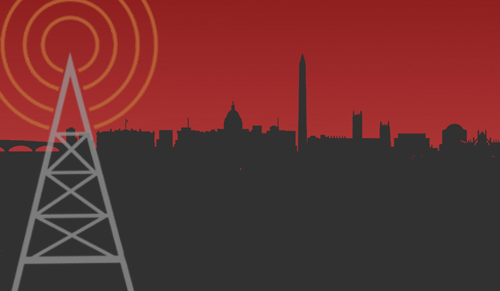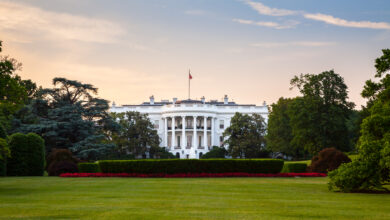This Is Not Just a Public Heatlh Crisis, It\’s an Inequality Crisis

No denying that this is a public health crisis on top of (and made much worse by) an inequality crisis. The poor, largely people of color, are most vulnerable, are disproportionately the victims, suffer the most negative economic impact, most likely to lose their jobs and healthcare.
They are the ones without savings who can\’t weather the long crisis but they are also the ones most likely to be negatively effected by prematurely opening up society. They are the ones who are most likely to be negatively effected by long term disruptions, failed businesses and they are the ones in the worst position to adapt. They are the ones most negatively effected by failures of government services from slow delivery of relief funds to absence of testing to absence of PPE. The scale of their human tragedy will be great and enduring.
This crisis more than any since the Great Depression has revealed the profound flaws in American society, in our social contract, in our programs. It has revealed the enormous, unconscionable cost of shifting our government from the service of all to the service of the few.
Right now, we have a public health crisis that demands attention and which requires we listen to public health professionals. But if we want to address the factors that have turned this into a social catastrophe then we must, as has happened so often in the history of public health, address those factors that have made ours a divided society, one in which decency and basic human rights have been marginalized for tens of millions because of an emphasis on enabling the wealthy to grow wealthier and the more powerful to grow more powerful.
The GOP has largely made this problem. They will not fix it. The Democratic Party must step up and as it plans the rebuilding and recovery that will be in many ways the most challenging long-term consequence of this dark period in our history, they must address these needs.
This means not just health care for all and breaking the links between health care and employment, it means not just a social safety that provides living wages for the unemployed, it means not just restoring the promise of retirement with dignity to a society without savings, it means not just creating the millions of new jobs needed through massive infrastructure programs that serve the public interest and not a few big private companies, it means not just focusing on the next generation jobs we need to create, it also means renewing our war on poverty and launching one on inequality. We cannot succeed as a society with 140 million of us counted as being poor or low income. Nor can we succeed if the next recovery like the last one directs 90 percent of its benefits to the top 10% of our people.
This kind of thinking will surely be criticized by those on the right and in the center who the architects and enablers of the two generation long effort to gut the American dream. They will call it socialism or social engineering. But their criticisms should not resonate.
They should not because these people should have lost all credibly with their long history of service to their own self-interests and insensitivity to the needs of their neighbors. But they also should not because they miscast the problem.
The above Democratic agenda is not bold or revolutionary, it is consistent with the values embraced by this country throughout its history, by the core values not of radicals but of men like Teddy Roosevelt and Dwight Eisenhower. It is not new, it is a return to past standards.
It is not even innovative as it embraces approaches that have long been accepted by every other developed nation in the world accept ours. No, it is not a departure. Rather it is the minimum basic role a government should play in a civilized society, it is the manifestation of the reason we even enter into the social contract. That reason is not to pump up GDP or markets. It is to ensure the well-being and security of us all. We\’re not doing it. Let\’s hope this crisis inspires us to start.




